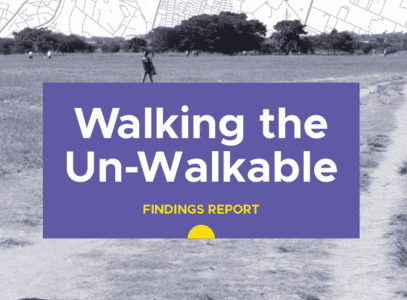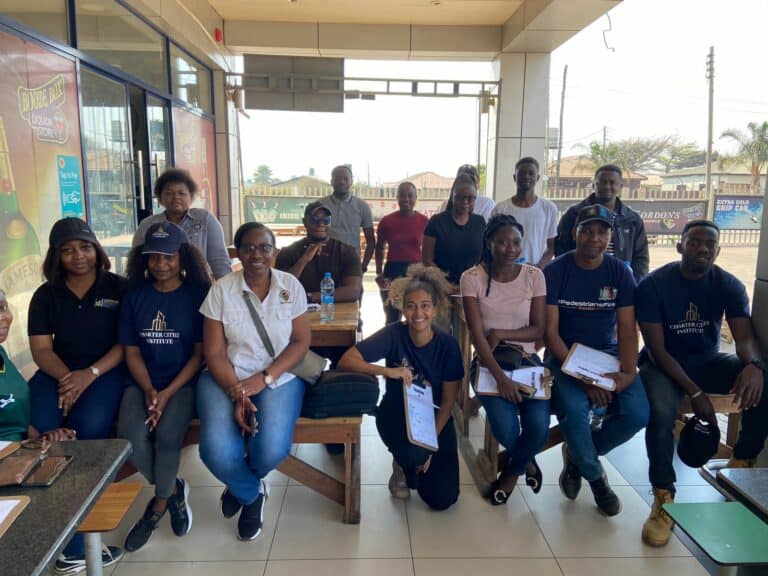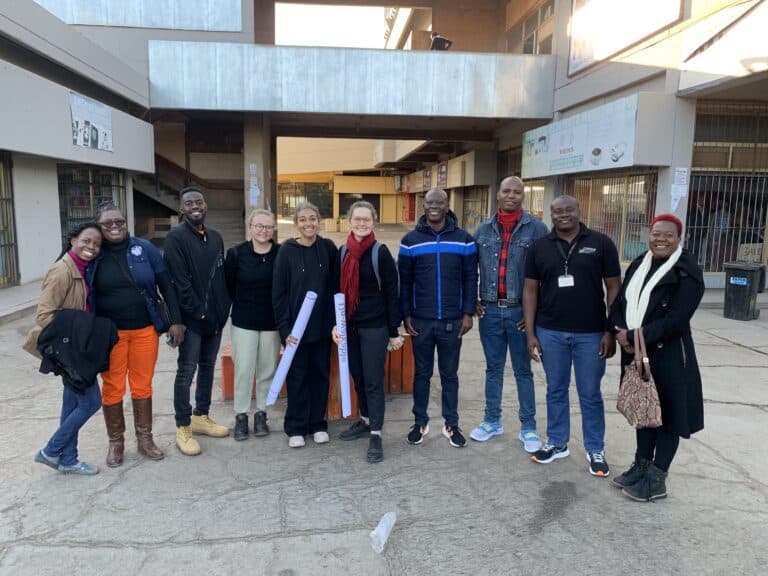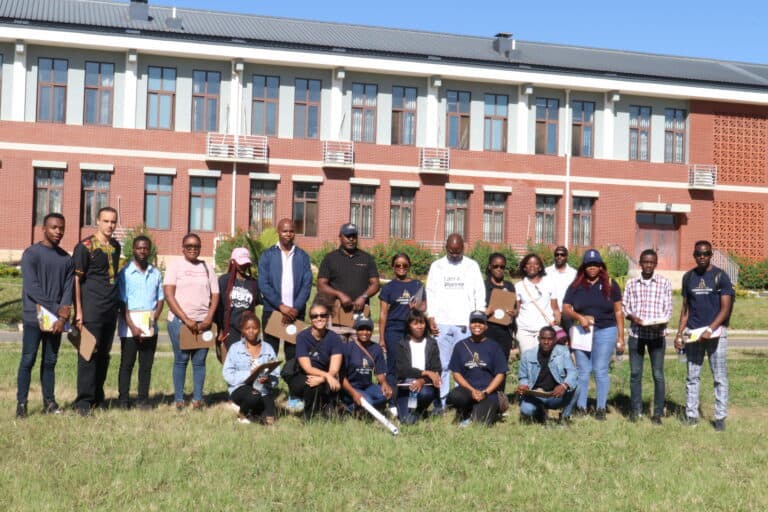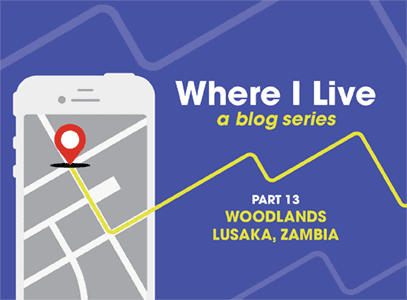
Making Bad Urban Laws Better: Can the Urban Physician Replace the Urban Politician in Africa?
In response to evolving global priorities and local challenges, our latest research paper, titled “Making Bad Urban Laws Better: Can the Urban Physician Replace the Urban Politician in Africa?” delves into the dynamic landscape of urban policy reform in Africa. Drawing from the Biden administration’s




